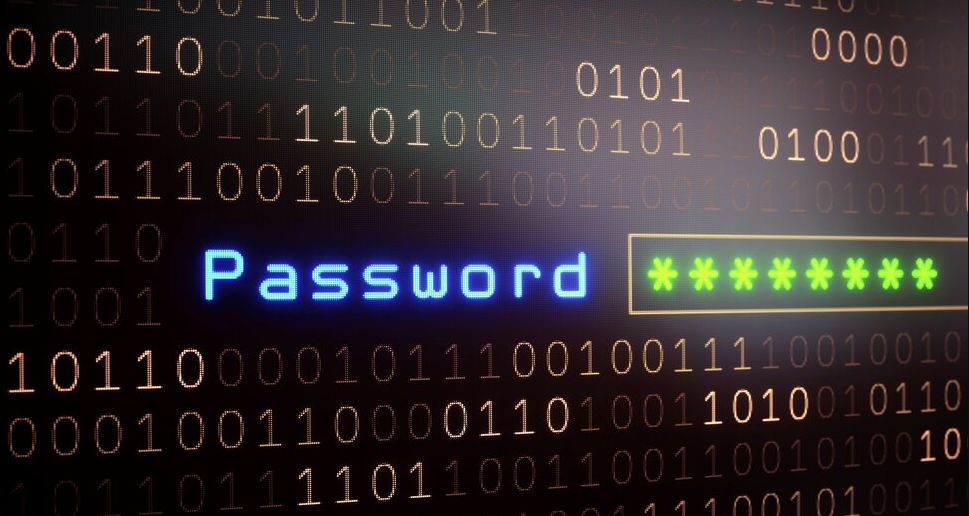In an era where our lives are increasingly intertwined with the digital realm, the importance of robust password management cannot be overstated. Passwords serve as the first line of defense against cyber threats, and the need for a secure, convenient, and reliable solution has never been more crucial. In this article, we will delve into the best practices for managing passwords, with a special focus on the highly regarded password manager, Bitwarden. Additionally, we’ll compare Bitwarden with other well-known password managers to help you make an informed decision about which solution is right for you.
- The Importance of Strong Passwords:
Before delving into password managers, it’s essential to understand the significance of strong, unique passwords. A strong password is a combination of uppercase and lowercase letters, numbers, and special characters. Avoid using easily guessable information such as birthdays or common words. The goal is to create a password that is both complex and memorable. Moreover, avoid re-using passwords! This is by far the most common mistake.
- Password Managers: The Guardian of Your Digital Identity:
Password managers are the modern solution to the age-old problem of remembering and securing multiple passwords. These tools not only generate and store complex passwords but also autofill them for you, eliminating the need to memorize numerous credentials.
- Bitwarden:
Bitwarden is an open-source password manager that has gained popularity for its user-friendly interface, robust security features, and cross-platform compatibility. Let’s explore some key features that set Bitwarden apart:
- Open-Source Foundation: Bitwarden’s open-source nature means that its code is transparent and can be scrutinized by the security community. This fosters trust and ensures that any vulnerabilities are quickly identified and addressed.
- End-to-End Encryption: Bitwarden employs end-to-end encryption to secure your data. This means that only you have the keys to decrypt your information, adding an extra layer of protection against potential breaches.
- Cross-Platform Compatibility: Bitwarden seamlessly integrates into various platforms, including Windows, macOS, Linux, iOS, and Android, allowing you to access your passwords from any device.
- Comparing Bitwarden with Other Password Managers:
- 1Password: Known for its sleek design and strong security features, 1Password is a popular choice. However, it comes with a higher price tag compared to Bitwarden. Bitwarden’s open-source nature might appeal to those who prefer transparency.
- LastPass: LastPass is a feature-rich password manager with a large user base. However, its free plan is limited to one device type (either computer or mobile), which can be a drawback for users with diverse device usage.
- Dashlane: Dashlane offers a user-friendly interface and additional features like a VPN and dark web monitoring. However, its premium plans are relatively more expensive than Bitwarden.
- Best Practices for Password Management:
- Use a Unique Password for Each Account: This minimizes the impact of a security breach on your other accounts.
- Enable Two-Factor Authentication (2FA): Adding an extra layer of authentication enhances your account’s security.
- Regularly Update Passwords: Change passwords periodically to reduce the risk of unauthorized access.
- Regularly Audit and Update Your Password Manager: Ensure your password manager is up-to-date, and review and update your stored passwords regularly.
- Conclusion:
In the age of rampant cyber threats, adopting best practices for password management is non-negotiable. Bitwarden, with its open-source foundation, robust security features, and user-friendly interface, stands out as a formidable option. However, individual preferences and needs may vary, so it’s essential to explore and compare various password managers to find the one that aligns with your requirements. Remember, the key to a secure digital identity lies in the strength and management of your passwords.

